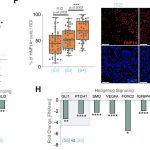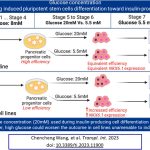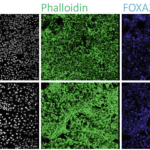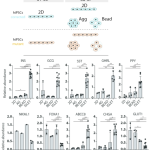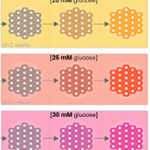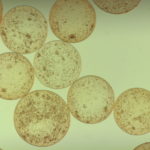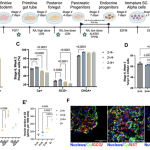
We are very happy to annouce the publication of a study led by Dr. Hanne Scholz focusing on cell identity dynamics and insights into insulin secretagogues when employing stem cell-derived islets for disease modeling. Here, Chencheng focused on understanding the…

